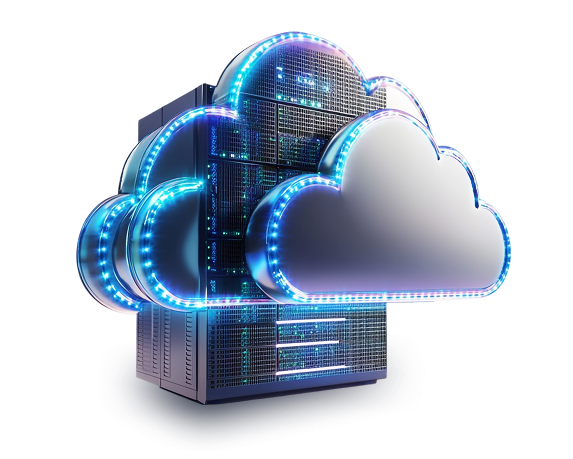








Cloud servers have become a backbone for managing data and applications remotely. These servers offer a flexible, scalable alternative to traditional on-premises servers, allowing businesses to adjust resources based on their current needs. Let's explore the various aspects of cloud servers, from their basic functions and operations to security measures.
Cloud servers are virtual servers that run in a cloud computing environment. They are built, hosted, and delivered via a cloud computing platform over the internet and can perform as independent units. The flexibility of cloud servers allows for scalable resources—such as memory, storage, and processing power—based on user demands. This adaptability makes cloud servers particularly appealing for businesses looking for cheap cloud servers or secure cloud servers without the need for significant hardware investments.
Unlike traditional servers that reside in on-site data centers, cloud servers are typically housed in multiple geographically dispersed data centers managed by cloud services providers. These providers maintain managed cloud servers that ensure data availability and business continuity even during outages or disasters. The location of these cloud servers is crucial because it affects data latency and speed, prompting providers to establish data centers in strategic global locations to optimize service delivery.
Cloud servers operate on a virtualization technology framework, which allows for the creation of multiple simulated environments or dedicated resources from a single, physical hardware source. This is particularly beneficial for deploying cheap cloud servers and secure cloud servers as it maximizes the cost-efficiency and security of data resources. The flexibility and scalability provided by cloud servers make them ideal for businesses that experience fluctuating workload demands.
Managing both on-premises and cloud servers efficiently requires robust management tools that can oversee resources across different environments. Tools like Microsoft Azure Arc, Amazon Web Services (AWS) Outposts, and Google Anthos are designed to facilitate the management of cloud servers alongside on-premises servers. These platforms enable consistent operations, streamlined management, and application deployment across various infrastructures, making them essential for businesses using managed cloud servers.
To ensure the security of data stored on cloud servers, providers implement multiple layers of defense. Firstly, encryption is widely used to protect data at rest and in transit, making it one of the best defenses against unauthorized access. Secondly, advanced firewalls and intrusion detection systems (IDS) are commonly deployed to safeguard secure cloud servers from potential threats and breaches. These security measures are critical for businesses concerned about the integrity and confidentiality of their sensitive data hosted on cloud servers.
Cloud servers offer a versatile and efficient alternative to traditional hosting and server management. Whether businesses are in search of cheap cloud servers, best cloud servers, or secure cloud servers, the cloud infrastructure provides the tools and capabilities to meet diverse and evolving business needs. By understanding how these servers operate and are managed, organizations can better leverage the power of cloud computing to enhance their operational efficiency and security posture.